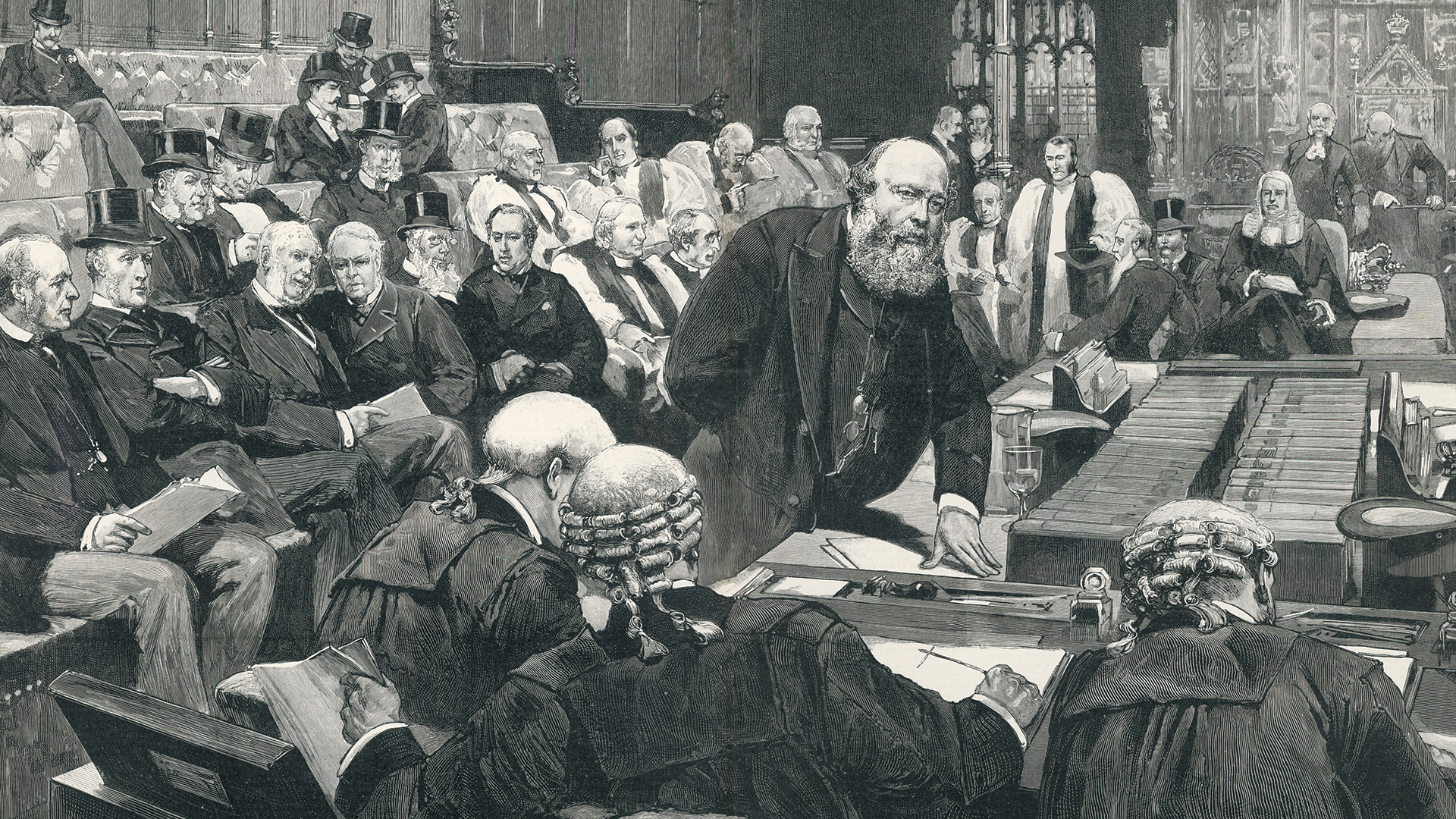Lord Salisbury, the prime minister at the end of the Victorian 19th century and the beginning of the 20th reputedly said that “whatever happens will be for the worse”. Hence “don’t do things”; and do your best to keep things as they are. Certainly Keir Starmer must recognise this condition as his 10 months in office has proved. Financial crisis, military crisis and then the crisis that he swore blind to end: the crisis of people making their way across the English Channel from France. And the enormous cost to a stretched treasury, intent on cutting costs not increasing them.
- Would reversing winter fuel payment cuts be enough to restore trust in Labour?
- The radical right have stolen the centre left’s clothes – but it’s not too late to fight back
- Wales’ future generations commissioner warns we’re not doing enough for people yet to be born
Starmer was certainly bold and forthright and critical of the last administration’s handling of the small boats crossing. The displaced of other countries arriving to run up costs in supporting them in the UK. He was going to get in amongst the boat-organising gangs, obliterate their ability to function and solve the problem that has foxed many others. But it’s got worse.
And Reform UK, building on the sense of dislocation that boats and illegal immigration throws up, are nipping at his heels in forthcoming elections. Reform becomes a party of the disgruntled – and it would seem that many of Labour’s former base are joining the disgruntled and changing the political map of the UK almost overnight.
Lord Salisbury was largely talking about world affairs, but Starmer’s currents that drive him into heavy waters are deeply domestic. Even to the extent that his claim that we are becoming a “nation of strangers” has led some to compare it to Enoch Powell’s ‘Rivers of Blood’ speech of 1968. This does seem an extreme response to Starmer’s desire to get tough with the boats, but one can see he is caught by his inability to end the arrivals and solve the problem of those who already have arrived.
In the same way that his government is going to get tough about rough sleeping in London, by awarding the mayor of London £17 million to create a network of access hubs for street homelessness. And to try to work on preventing people falling on the street, as well as handling people more efficiently when they do. The resultant pledge by Sadiq Khan to end London street homelessness by 2030 is one that has been made by every administration I have known since 1991 when we started Big Issue.
Starmer will, it seems, have to devise newer and tougher responses to the uses of public money: should he spend it on thousands of new arrivals? Or on homelessness and its public face in our streets? Or on reviving worn-down economies in numerous cities? Or building up the armed forces to protect us from an increasingly unstable world order?






